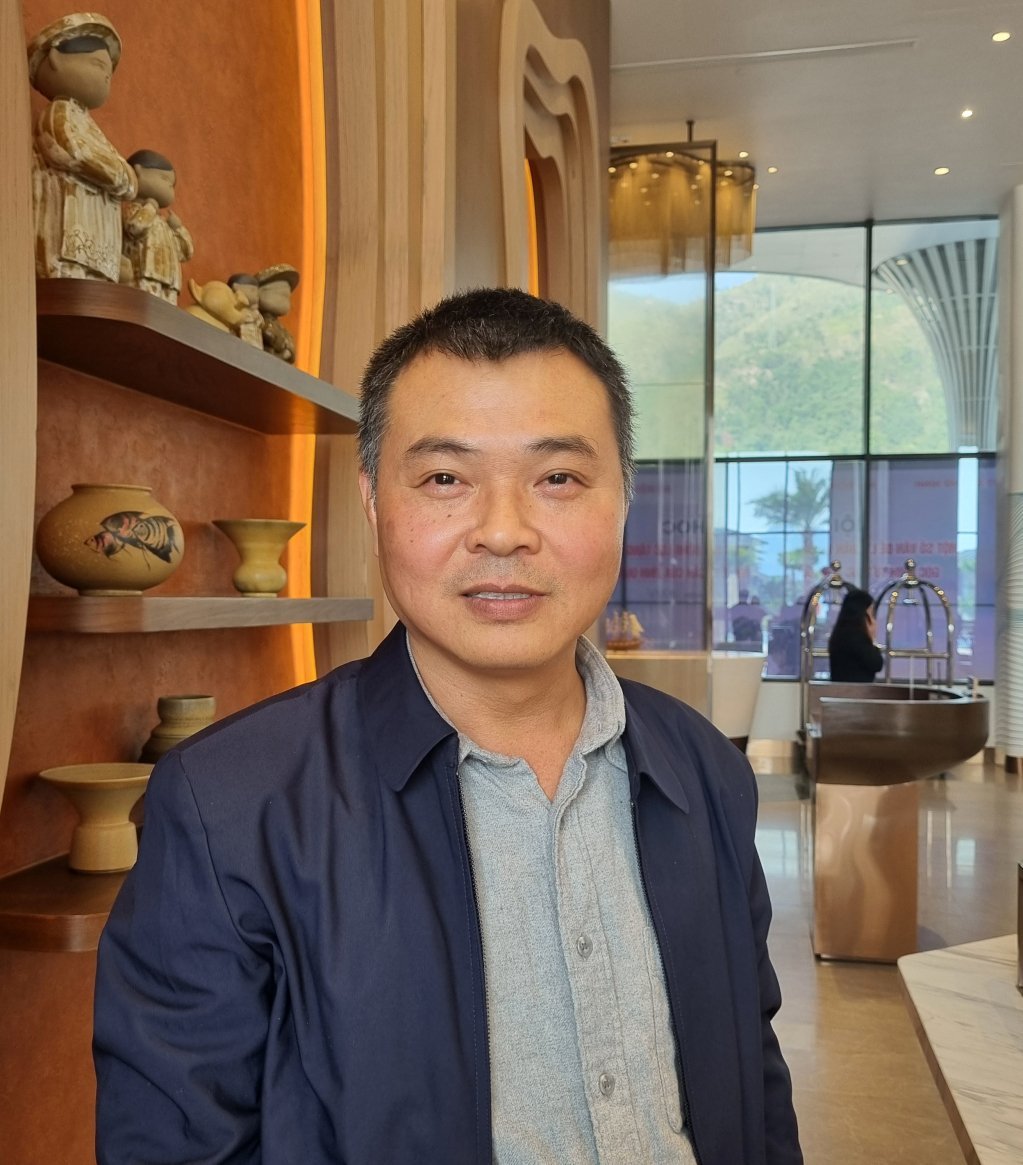 The story of promoting the value of heritage for a long time or the concept of exploiting and developing the heritage economy mentioned recently is an issue that has received a lot of attention. Regarding this issue, the reporter interviewed Dr. Nguyen Van Anh (photo) , Deputy Director in charge of the Center for Research and Promotion of Cultural Resources, Hanoi University of Social Sciences and Humanities. He is among the few experts in cultural heritage research participating in the Workshop " Some theoretical and practical issues on promoting new growth drivers - Perspectives from the practice of heritage economic development in Quang Ninh province", held in Van Don at the end of December 2024. |
- Talking about heritage economy, we imagine that its scale must reach a certain level, so in your opinion, is the economic figure the most important thing?
+ When people talk about heritage economics, the nature of that term is more oriented towards economic issues. We know that heritage is cultural values left from the past, the values of heritage are much greater than economic issues, economics is only one issue of heritage, so numbers are not the only thing that reflects the value of heritage.
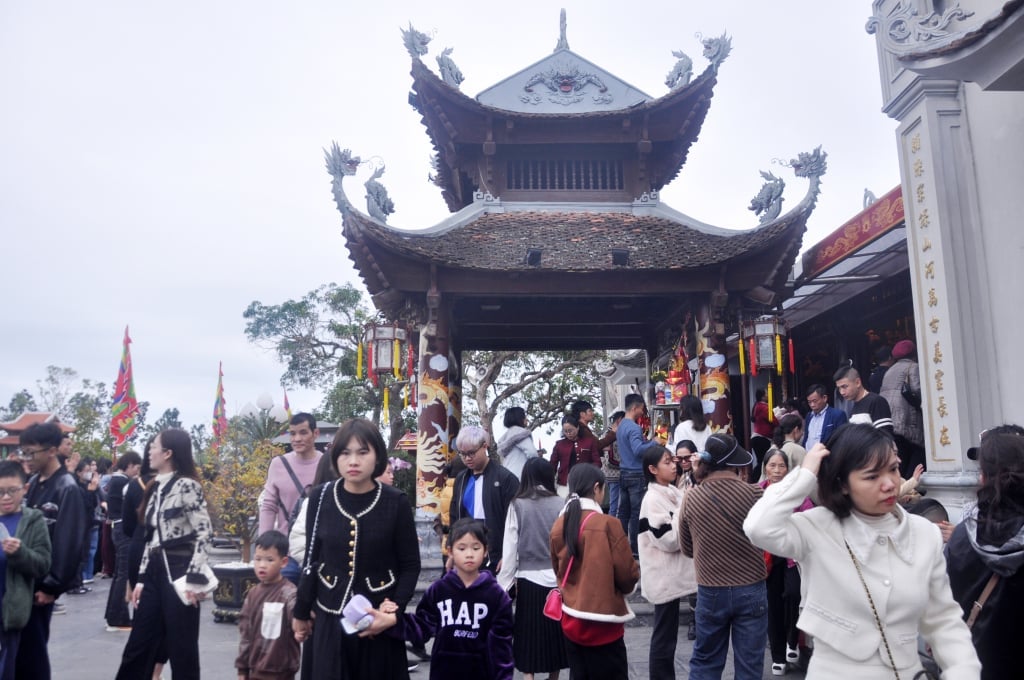
We often use words and terms that are not really close to the meaning, for example we often say promoting value, it does not indicate the nature of the problem. The world talks about exploiting heritage, and that heritage can be exploited in many different aspects.
Discussing the contribution of heritage to the development of Quang Ninh in general, we proposed the first issue of human development. Quang Ninh proposed a development direction based on three main pillars: Nature - Culture - People. Heritage itself is culture, so the most important thing is culture, the core is people, so the first contribution of heritage is to nourish the human soul. Therefore, when we preserve, exploit and promote heritage, the first value is to nurture people, to build people. Human pride starts from culture, people understand the community, understand their values, then people are willing to introduce those heritages with great excitement.
That is the first aspect, then the economic issue arises. Actually, the economy will arise from cultural activities, with cultural values, people will be creative. And now we are talking about the cultural industry, which is exploiting the values of cultural heritage to create new values on the basis of heritage - the cultural values that previous generations left for us.
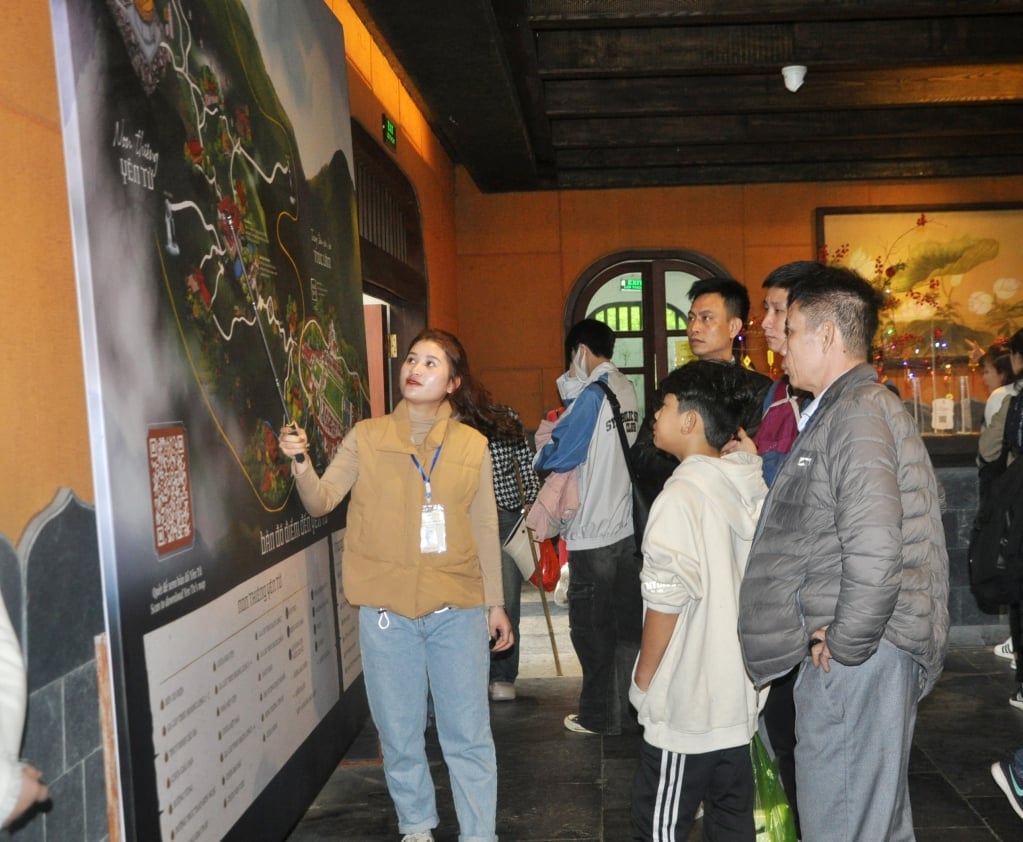
We can talk about tourism based on heritage to exploit, that is a source to call, attract tourists to come, that is the economy. Therefore, if we only put the issue of exploiting heritage economy in terms of numbers, it will lead to a very dangerous problem, that is creating pressure on heritage. Heritage is the value left from the past so it is very vulnerable, if we want to invest to see the numbers right away, it is impossible.
We cannot always see the numbers when investing in heritage. If we invest in a cultural institution, invest in the preservation and restoration of a relic area after 2-3 years and then say that we have invested hundreds or thousands of billions in it and then ask how much we will earn each year, it is not suitable for heritage. Because investing in heritage requires a long-term, persistent process to bring sustainable value. And when we invest like that, we do not exploit it for 1-2 years but from generation to generation and the first and most important thing is culture for the community, for an area, and from those values, the economy will arise.
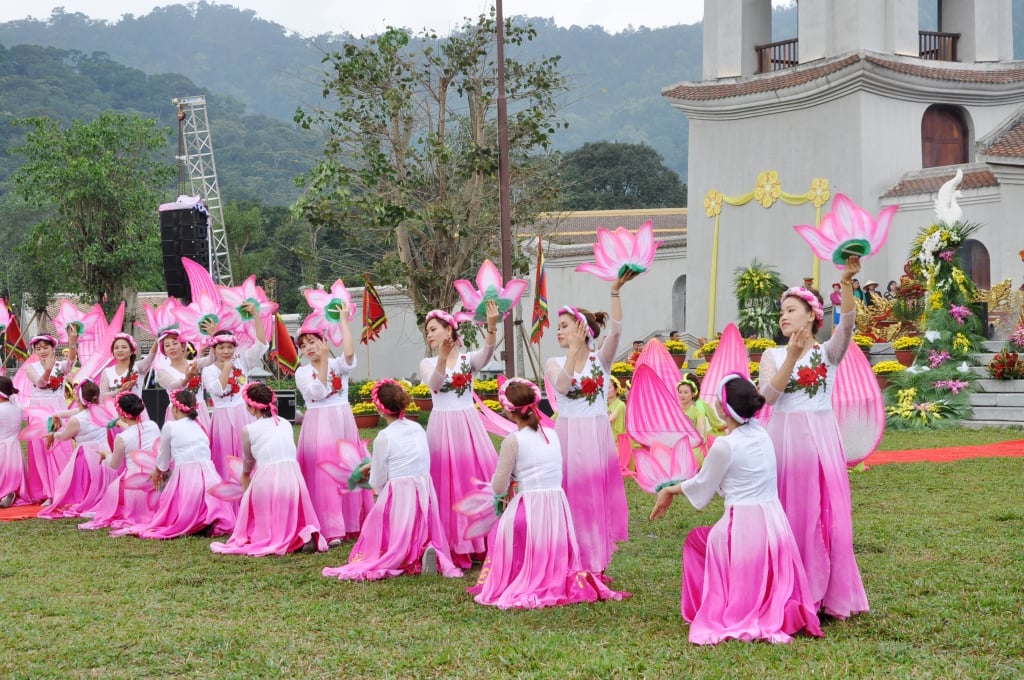
- Quang Ninh is blessed with nature and a rich culture, so what do you think people need to accompany in developing the heritage economy?
+ I think there are many things to do, but the first thing is that each community must be connected to the heritage, and the second is that they must understand the heritage. For example, with festivals, there are many festivals being held today. The general trend across the country, not just in Quang Ninh, is that the bigger the festival, the more it is bureaucratized, and community participation gradually decreases.
Festivals are transmission, it also starts from the community itself. Festivals associated with heritage, mainly traditional festivals, must start from the community, not from management agencies. The community must sympathize, feel the sacredness and realize their own responsibility. So the first thing is to pass on cultural values to the community through propaganda and education, from which the community can develop, that is what I think is very important.
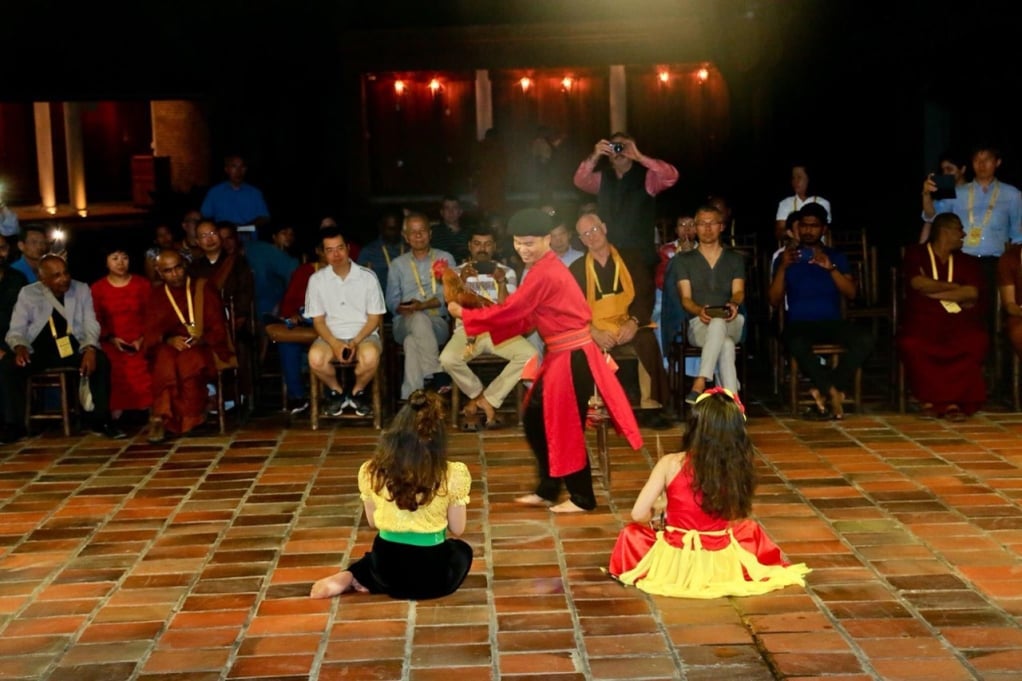
- So how can the community not be left out of the heritage economy?
+ There are many ways, but one of the most important ways is that they must share benefits and responsibilities. When people work on heritage economics, they highly value this, meaning that money - economics will be the magic to preserve, not morality or anything else. If people feel that they are valuable, respected, placed in the right position and benefit from preserving heritage, there is no need for too much propaganda, they will be self-aware and responsible for protecting heritage.
- Taking the relic sites in the Yen Tu heritage complex in Quang Ninh as an example, how do you evaluate the contributions of the people to the heritage and the potential for future economic development of the heritage?
+ For these heritage sites, we have to talk about the community from many sides, not just the local people, such as the business community that is participating in the activities. So all parties must be aware of their role.
Going back to the past, we must see how our ancestors have preserved Yen Tu until now. In the past, the monarchies assigned management rights to localities and communities. As for the Tran Dynasty heritage site, the people assigned to look after the heritage had the obligation to care for, protect, preserve, and perform rituals at the mausoleums, in return they would be exempted from taxes - this was a form of encouragement, associated with their spiritual values and besides that, they enjoyed material values. Or in Yen Tu, the state provided some fields and the people cultivated those fields to produce crops, exploit them for offerings, perform rituals, and even support the monks practicing there.
Now what do we do? We have stakeholders, at Yen Tu relics there is community participation, there are festivals, cultural activities that create livelihoods for them, then they will certainly be aware that these heritages need to be protected, because if they do not protect them, tourists will certainly not come and they will lose their livelihoods. Then the businesses that exploit there must also have the responsibility to protect, promote, propagate, and advertise the values of the heritage, then the business will have the opportunity to develop. Therefore, the stakeholders in the heritage economy need to clearly see the fundamental role of heritage, if you do not have the responsibility to protect them, when the relics and heritages are lost or degraded, your livelihood will also be degraded.
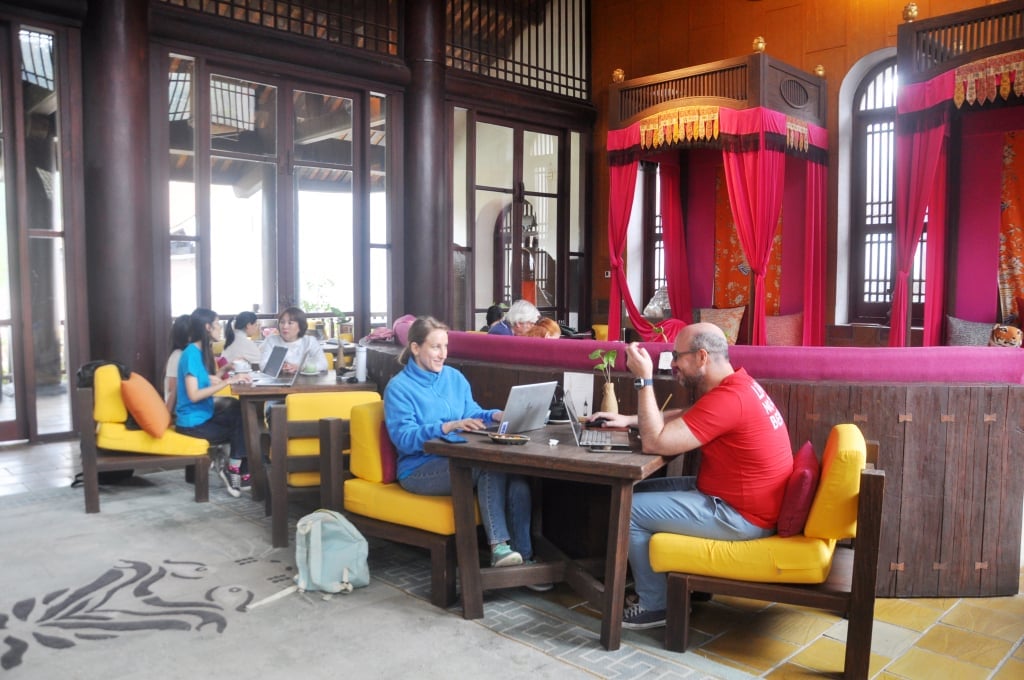
- In your opinion, why are businesses still not interested in investing in the economic exploitation of heritage, for example at the Tran Dynasty heritage site or Bach Dang in the Yen Tu heritage complex?
+ As I observed, I realized that investing in heritage is a very difficult problem. The difficulty lies in the fact that in order to exploit it, we must first protect the heritage, invest in research and evaluate the value of the heritage. That is a process in which the responsibility must first belong to public investment, the State must help to understand and clarify the heritage. When businesses participate, they have a foundation and from there they can only develop further.
The second difficulty is that investing in heritage requires long-term persistence and the ability to make profits cannot be as fast as other fields, so attracting businesses is relatively difficult. After the State invests in the research phase, the second phase is to have a mechanism for businesses investing in the heritage sector. The government also needs to have appropriate policies for them and cannot simply apply them like other businesses.
- Thank you for the interview!
Source




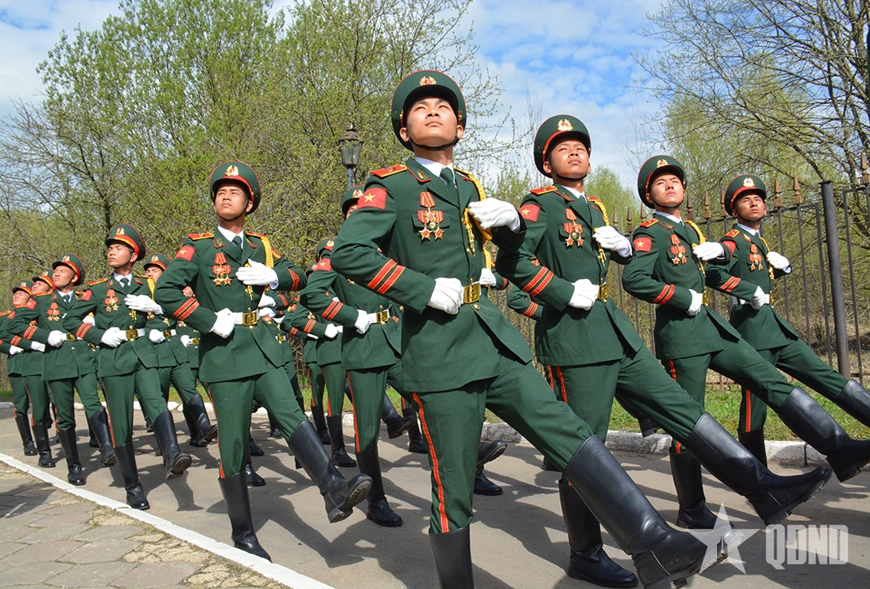

![[Photo] Ho Chi Minh City welcomes a sudden increase in tourists](https://vstatic.vietnam.vn/vietnam/resource/IMAGE/2025/4/25/dd8c289579e64fccb12c1a50b1f59971)
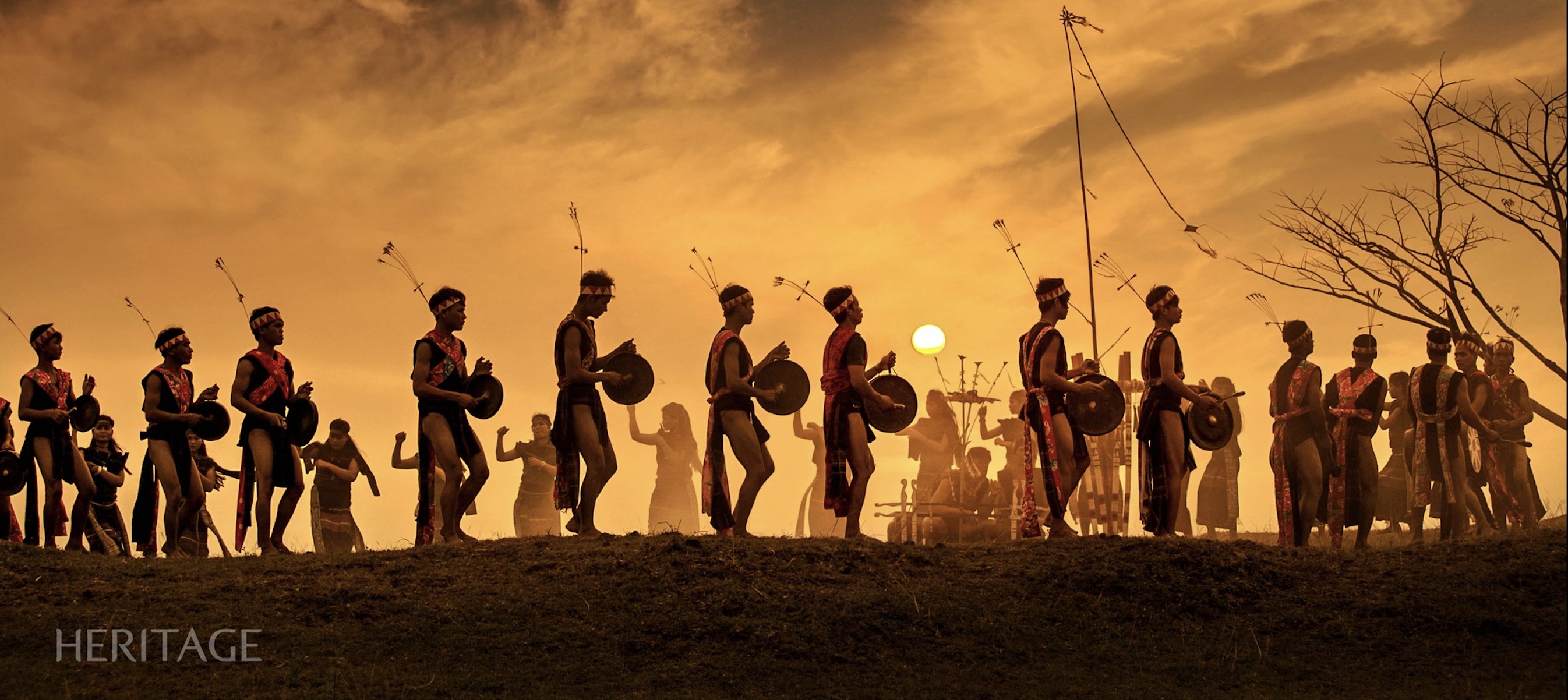

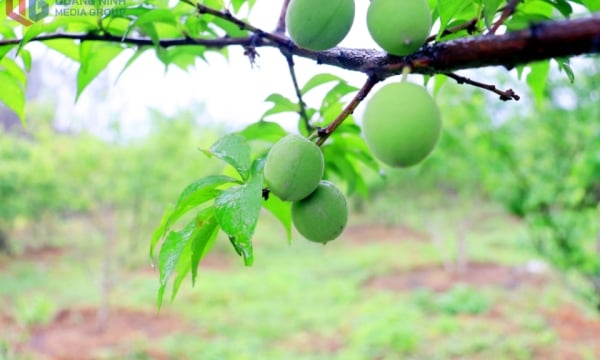
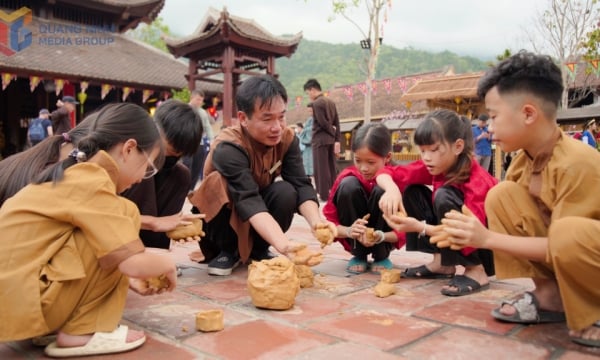
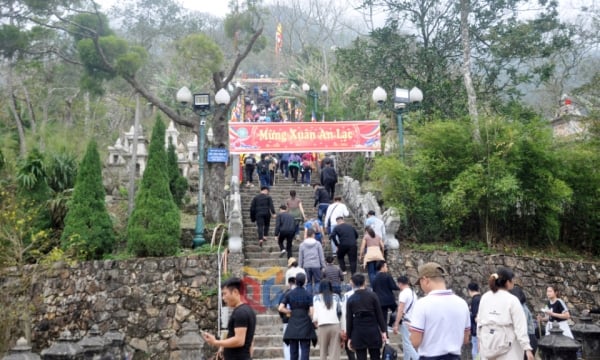

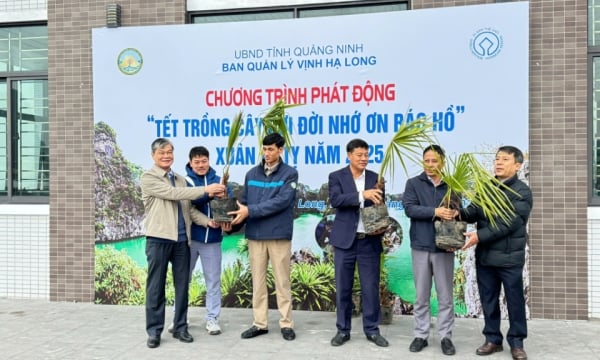
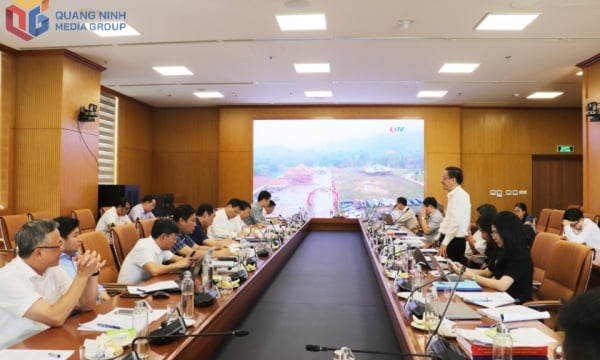
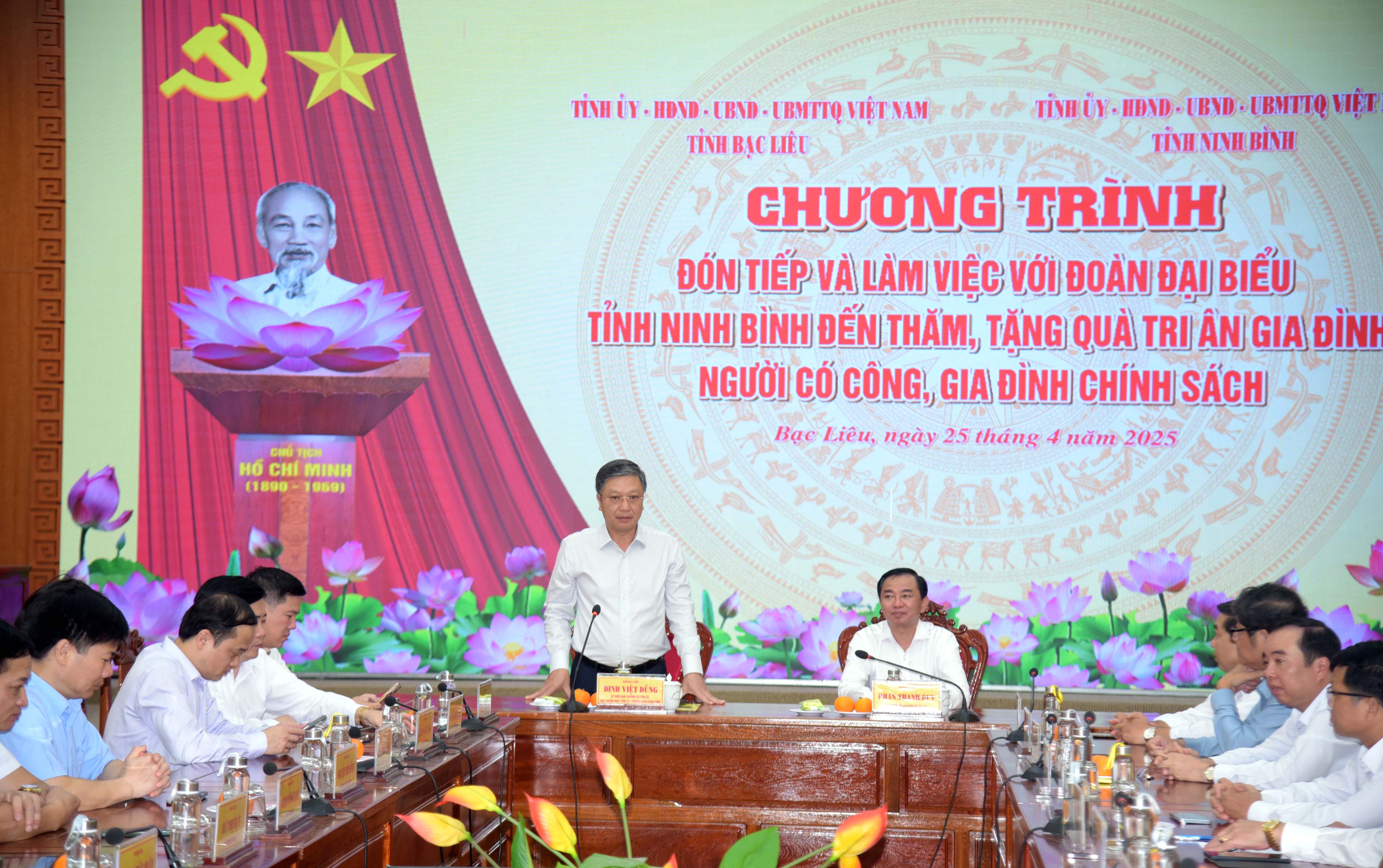
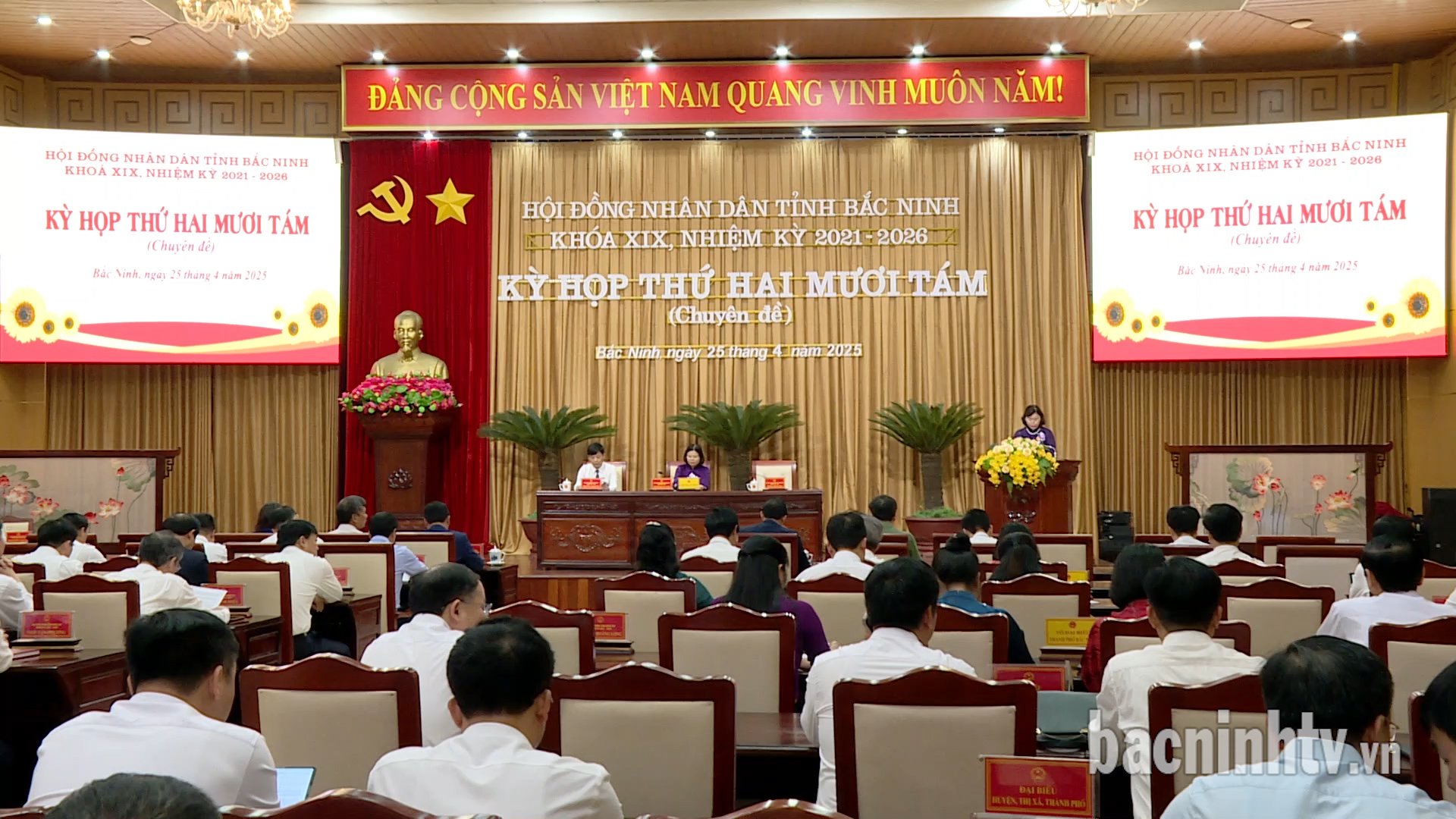
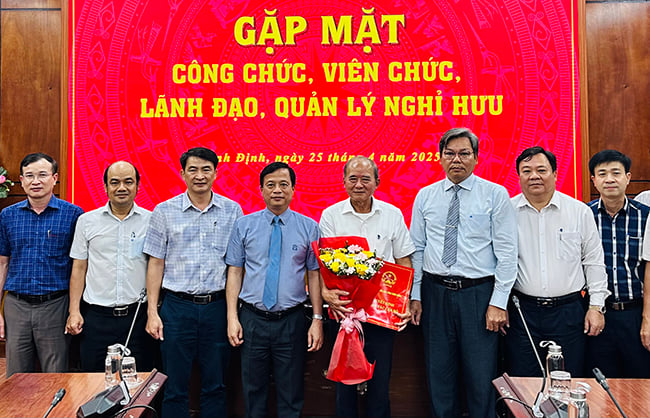
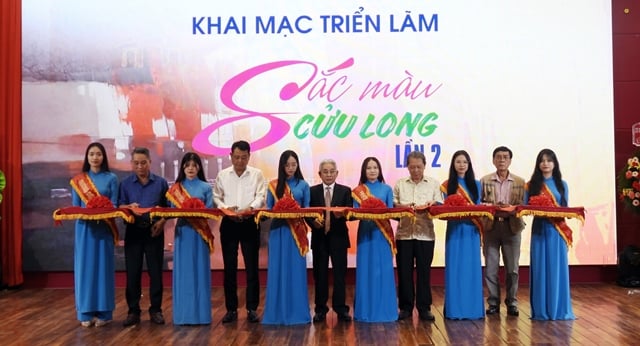
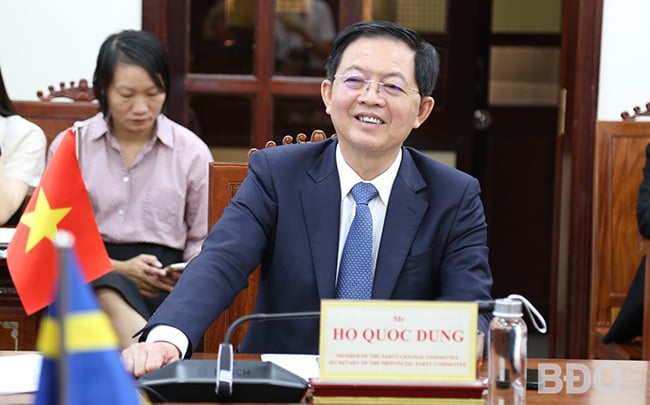
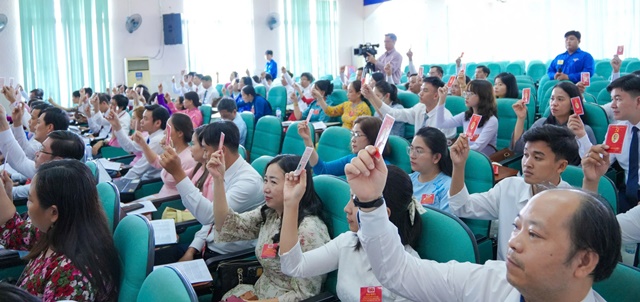
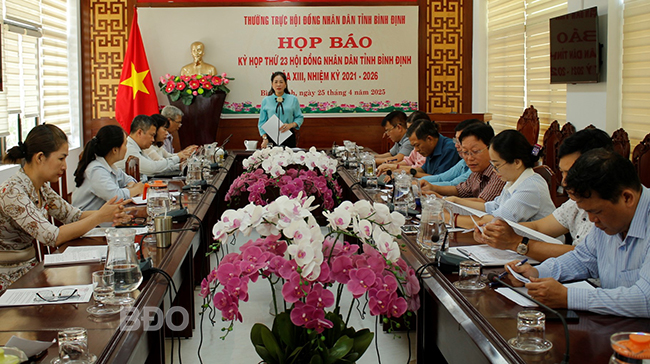
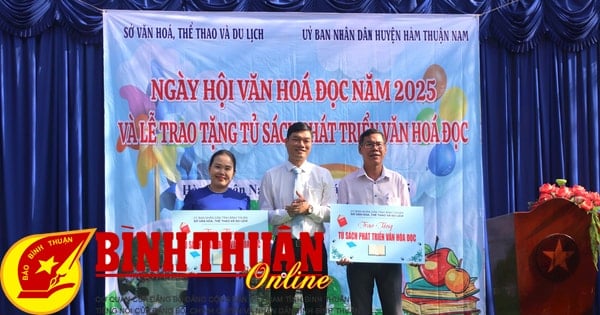
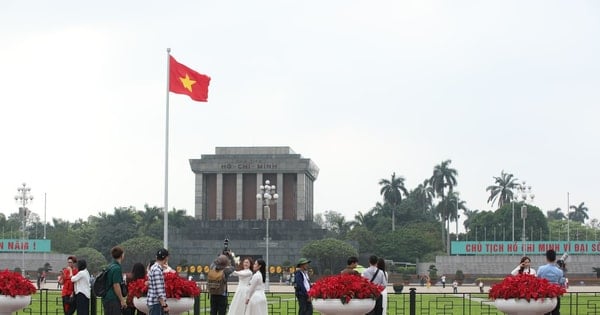
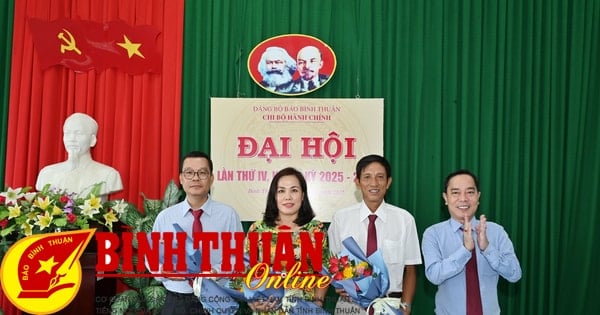
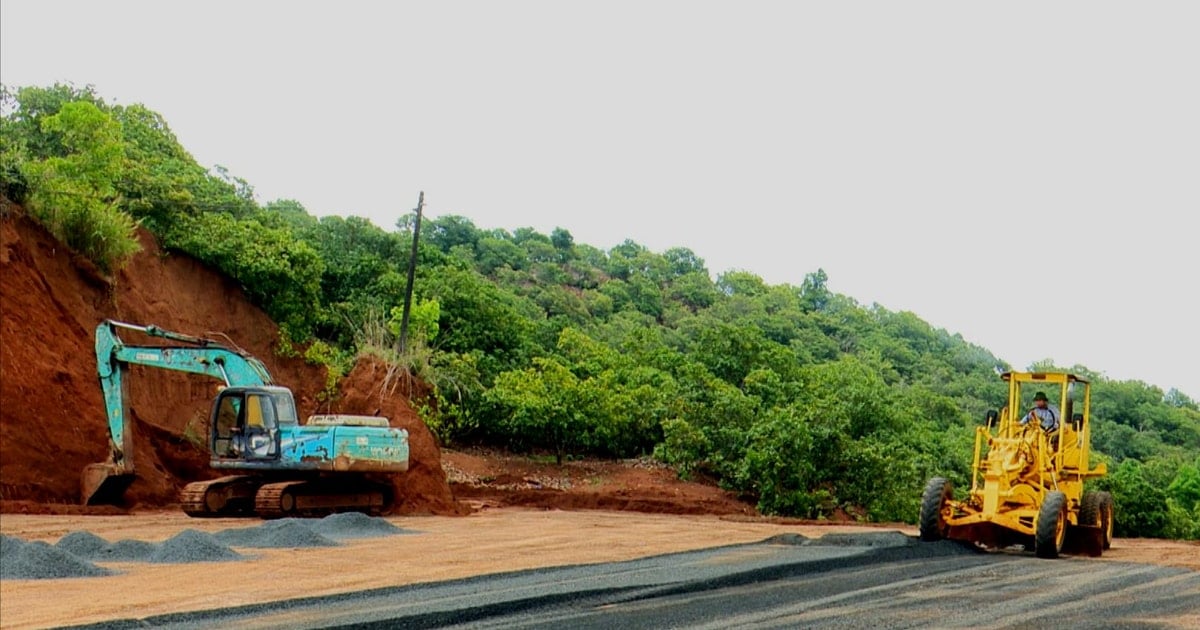

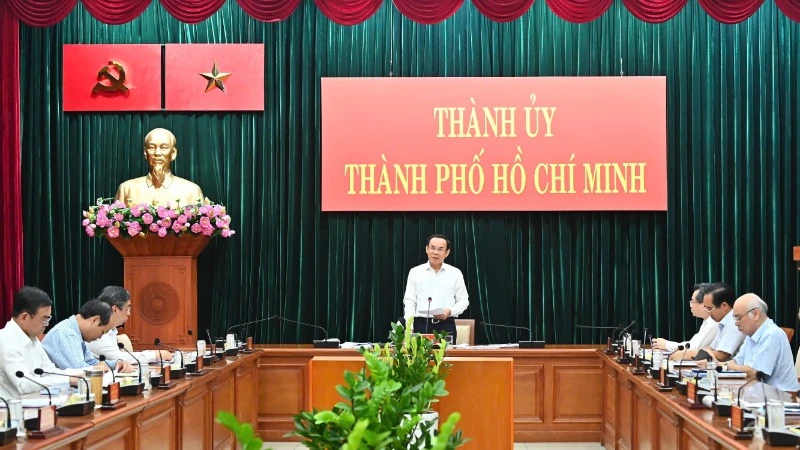
![[Photo] President Luong Cuong meets with Lao National Assembly Chairman Xaysomphone Phomvihane](https://vstatic.vietnam.vn/vietnam/resource/IMAGE/2025/4/25/dd9d8c5c3a1640adbc4022e2652c3401)
![[Photo] Liberation of Truong Sa archipelago - A strategic feat in liberating the South and unifying the country](https://vstatic.vietnam.vn/vietnam/resource/IMAGE/2025/4/25/d5d3f0607a6a4156807161f0f7f92362)


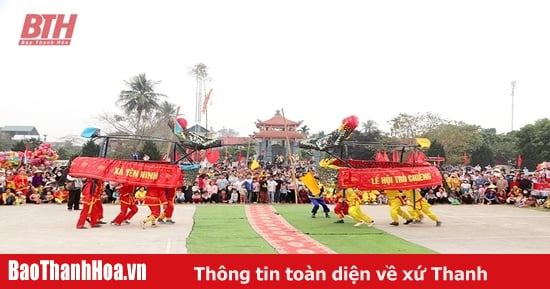

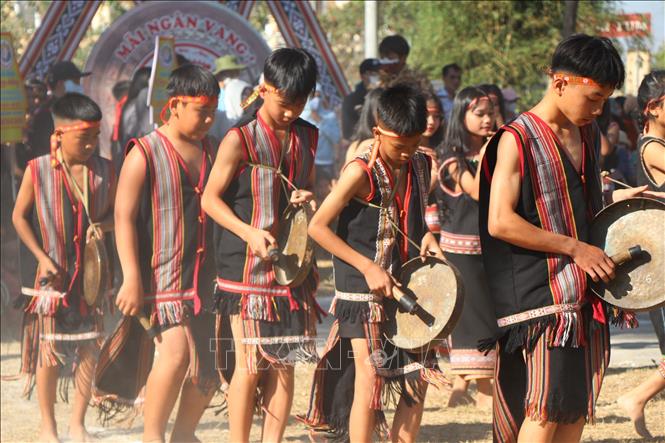

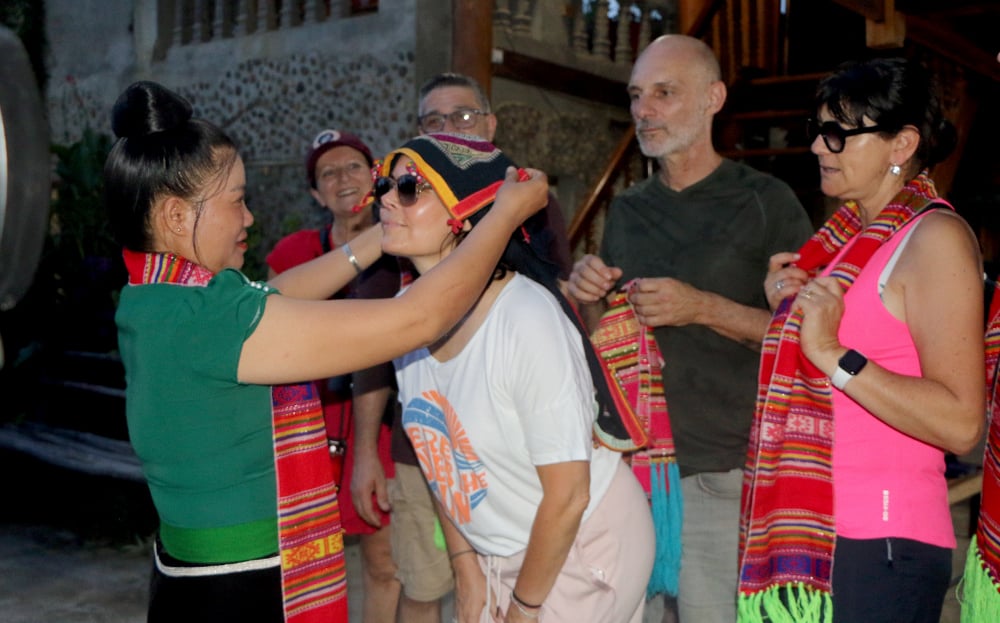

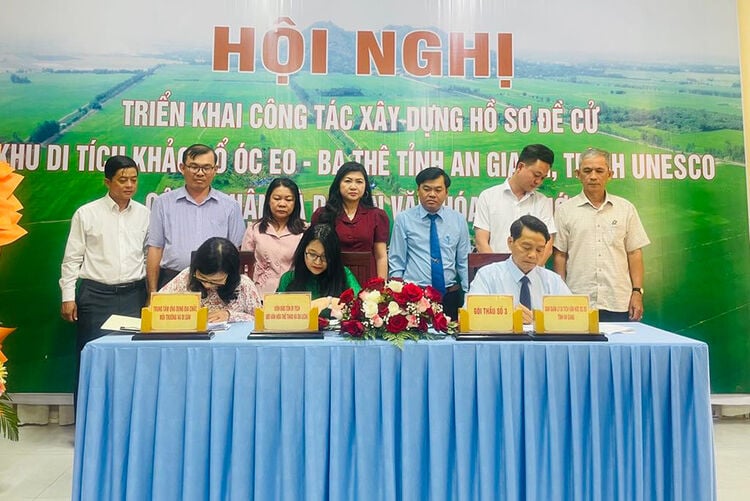

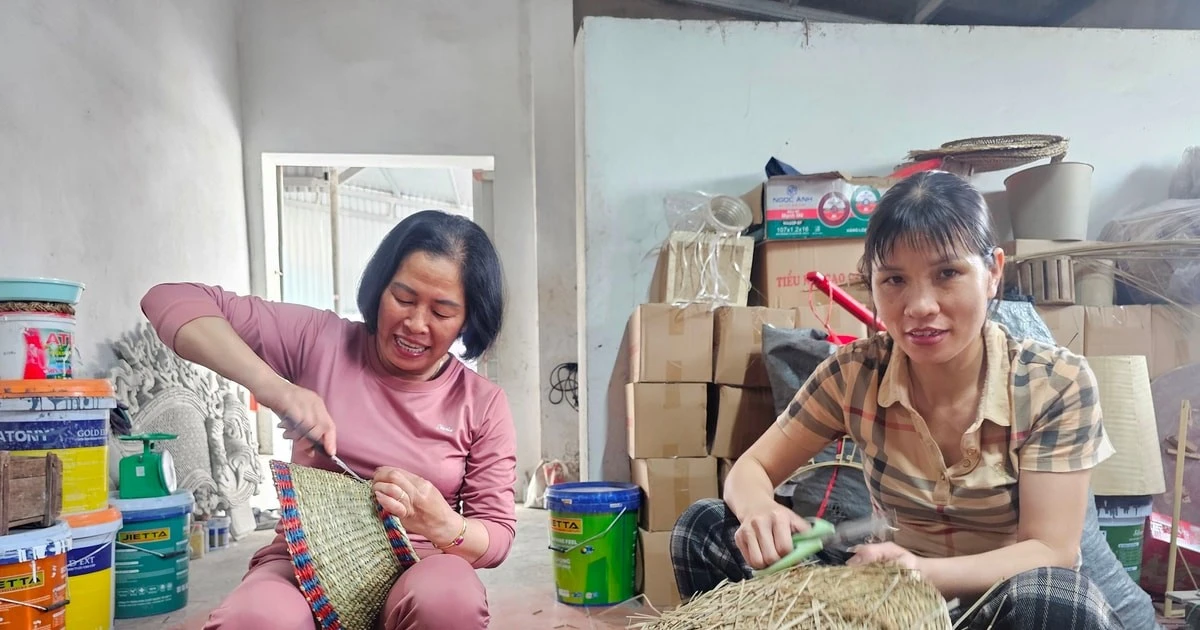





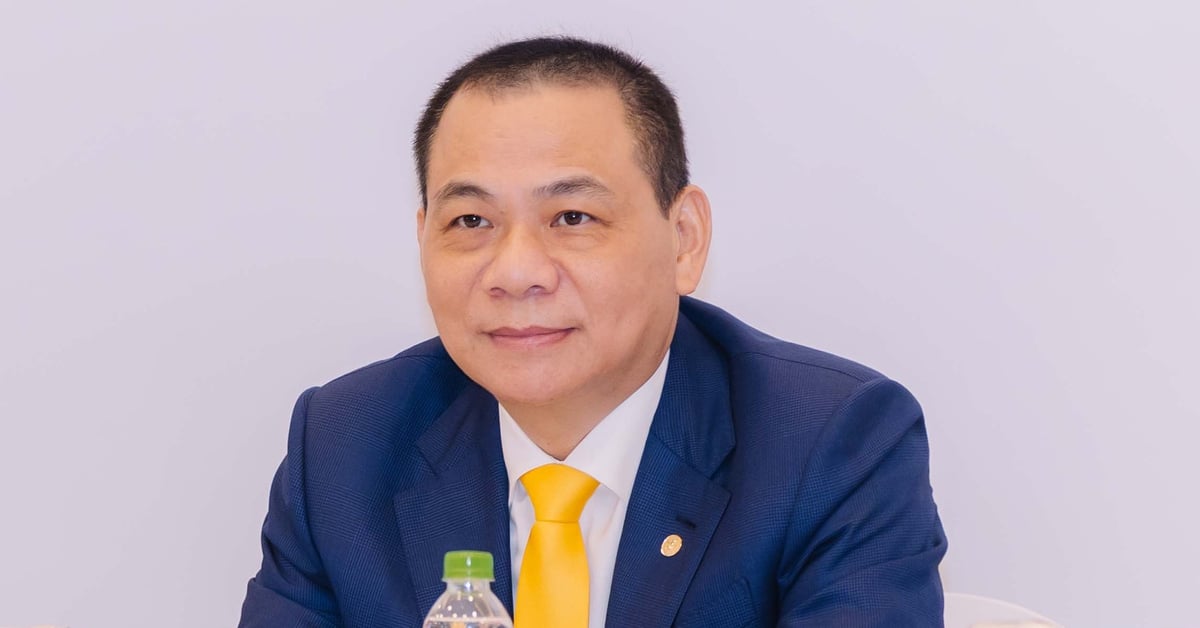



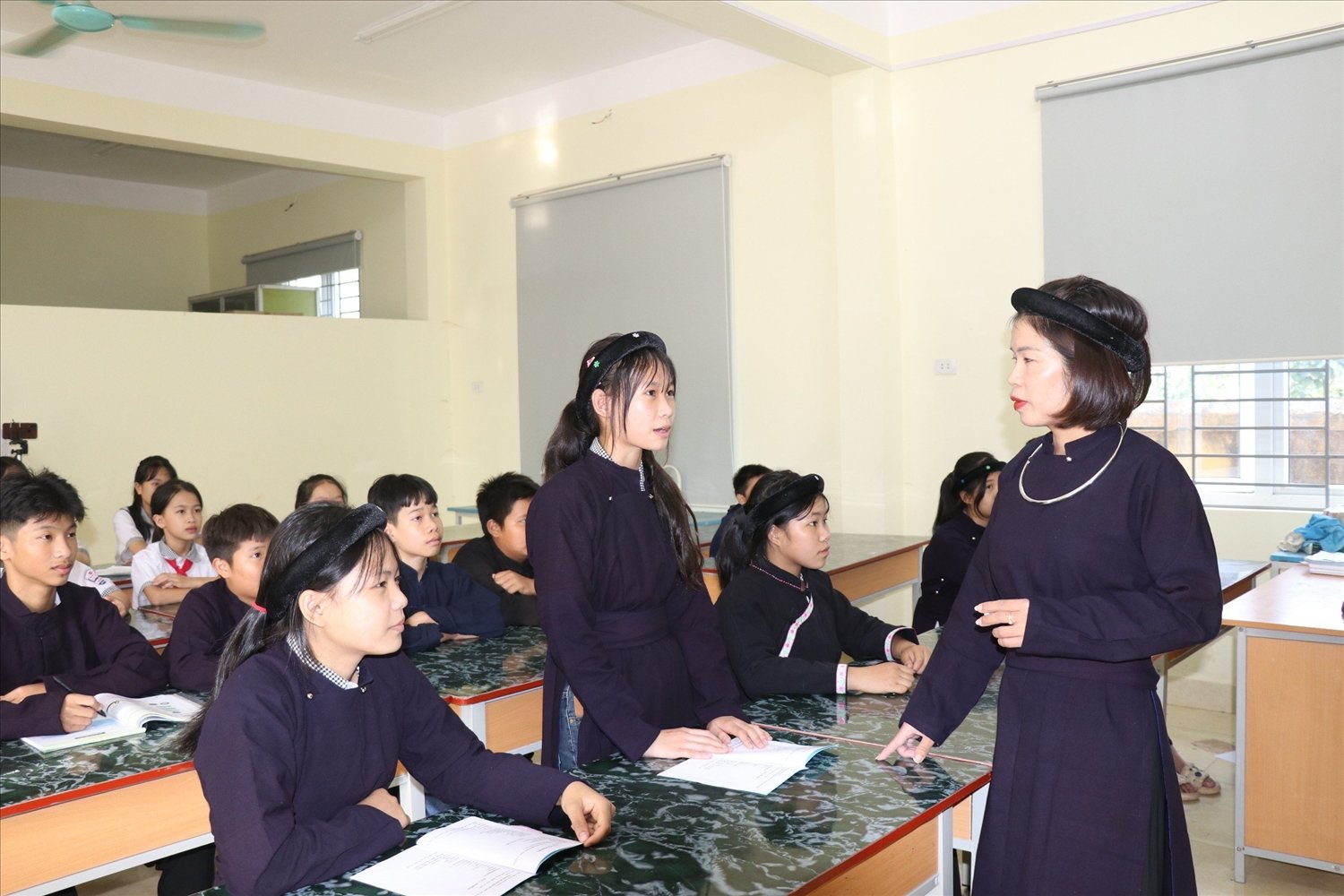





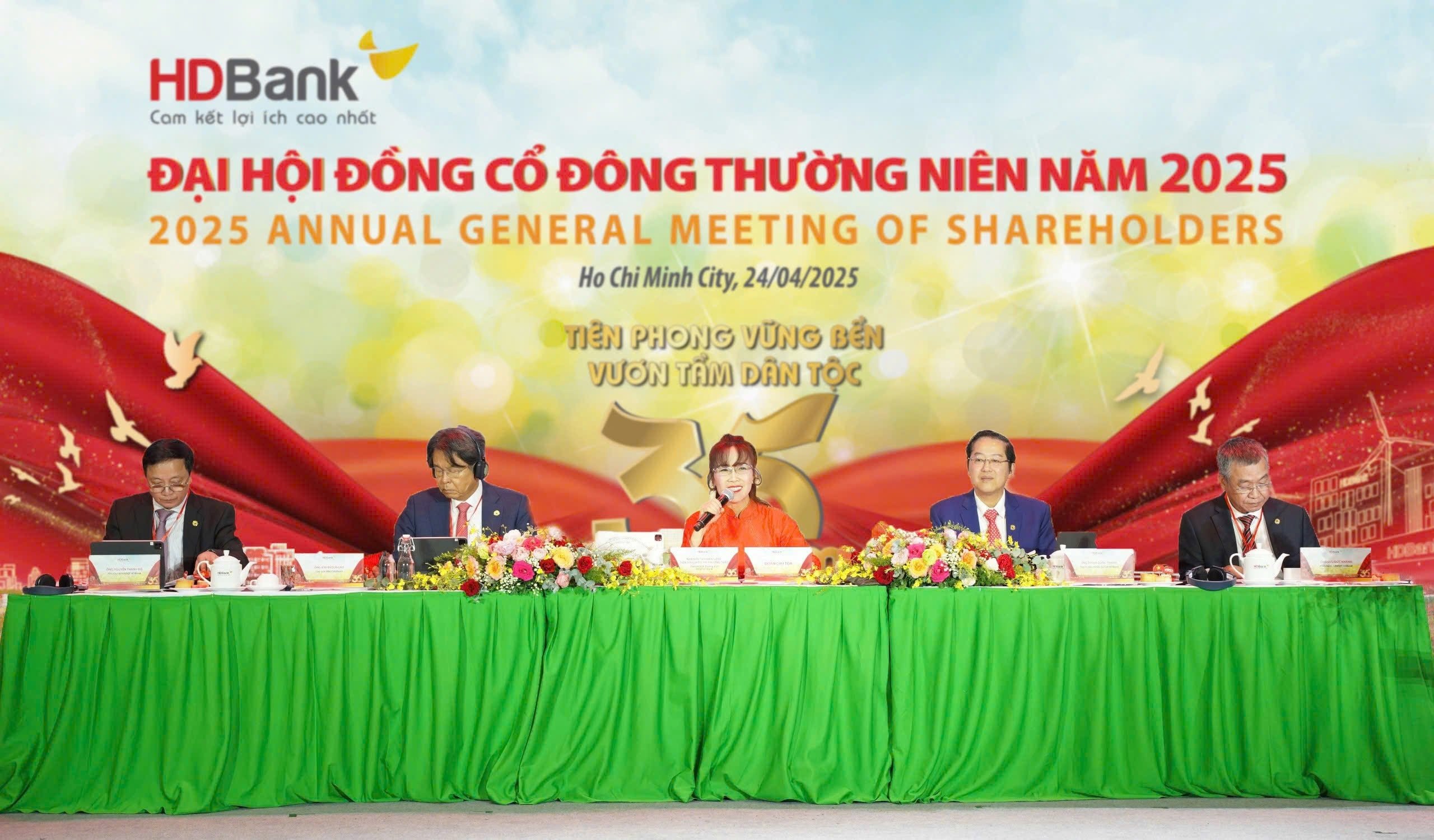

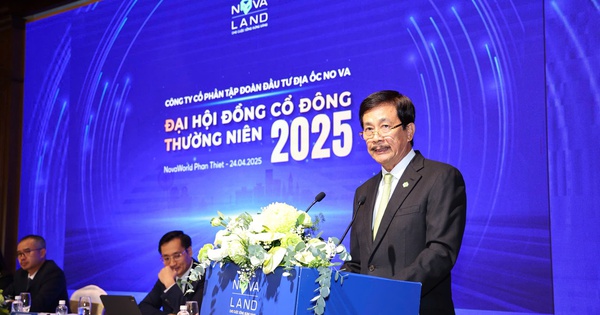

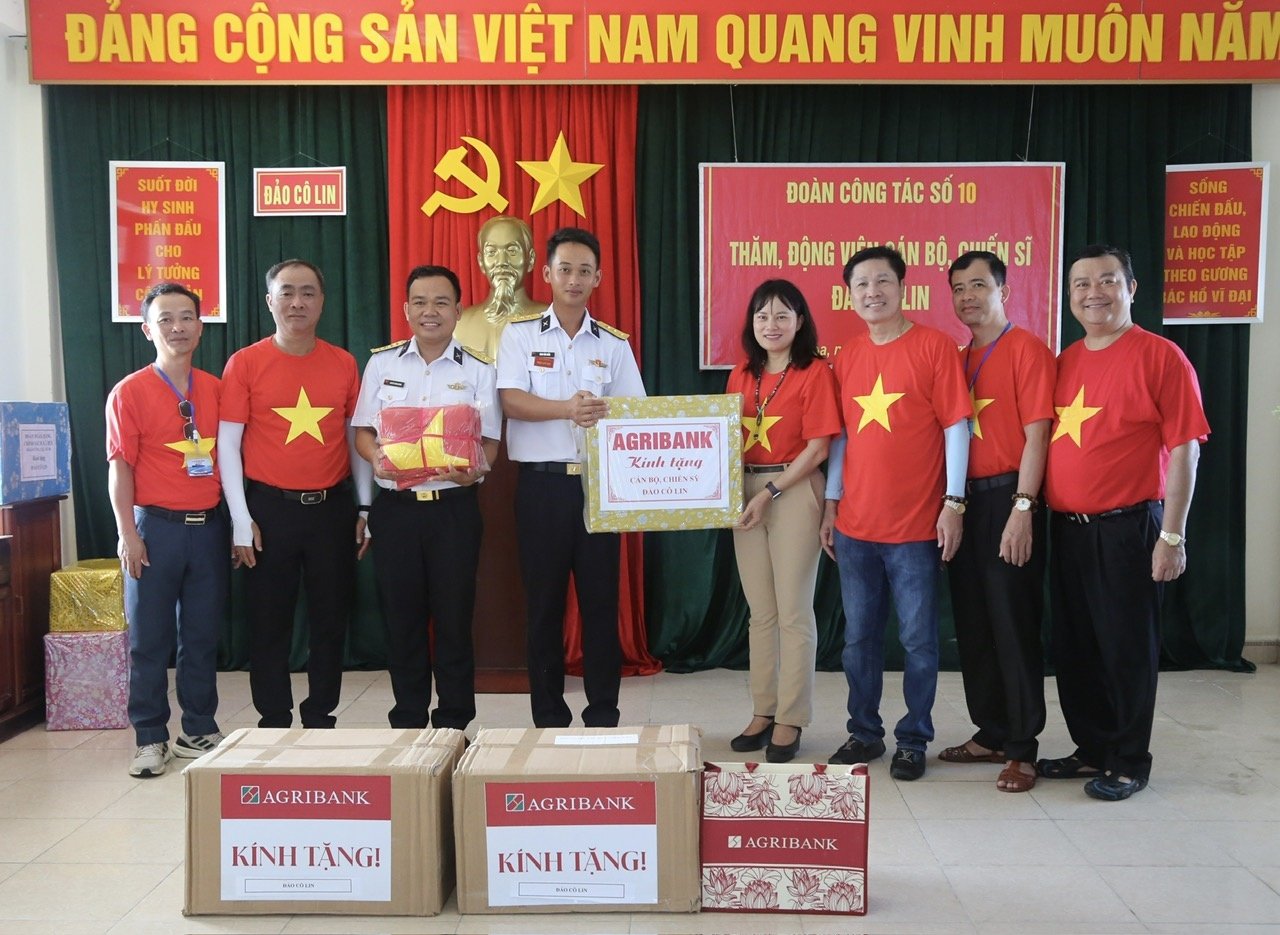
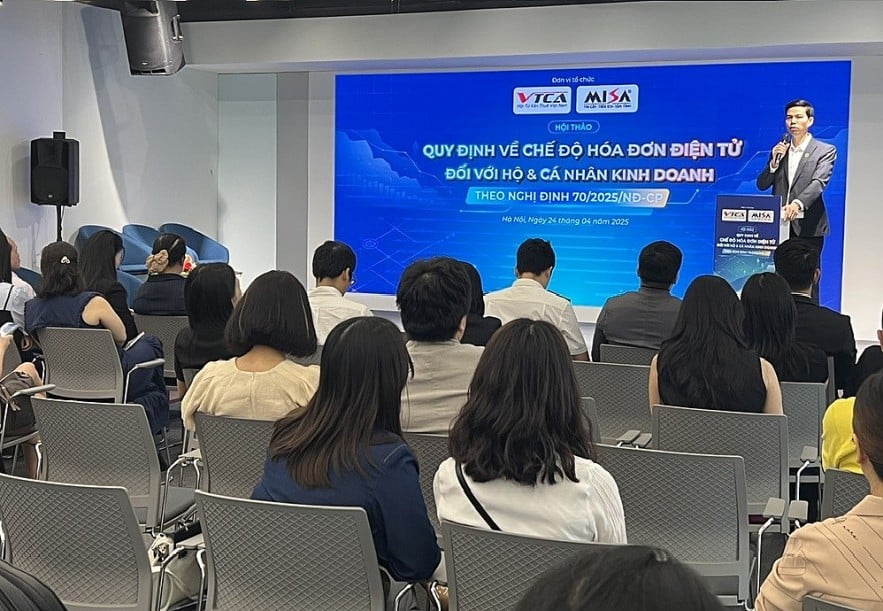


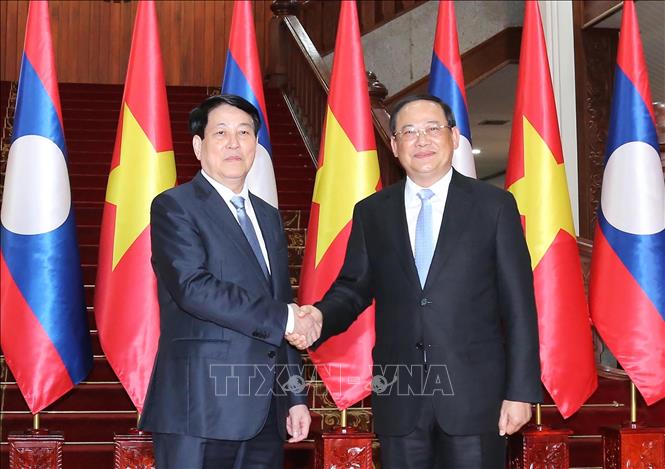
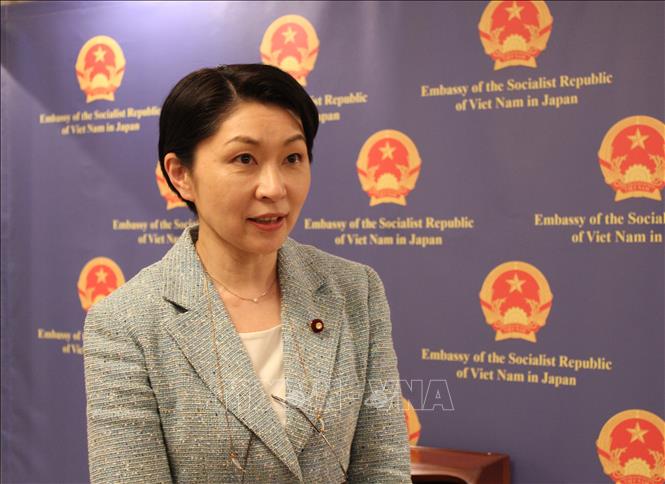
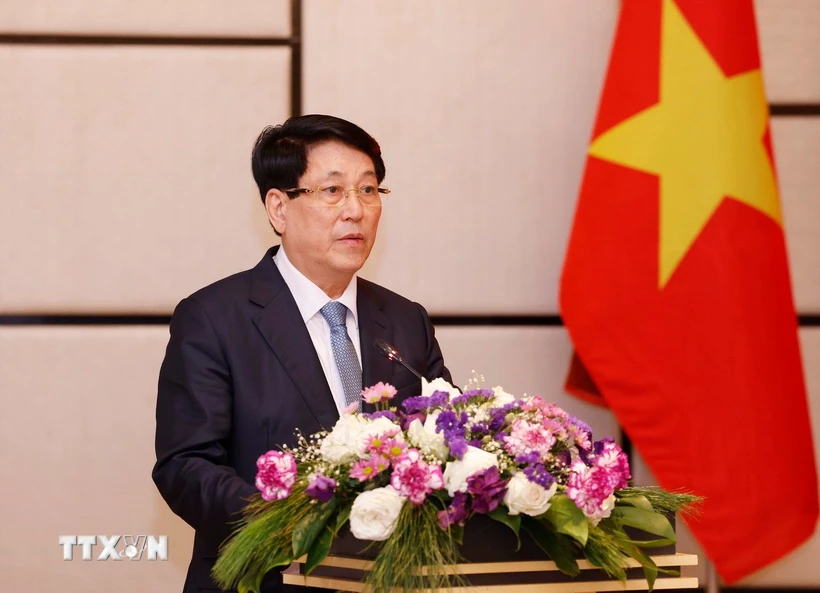

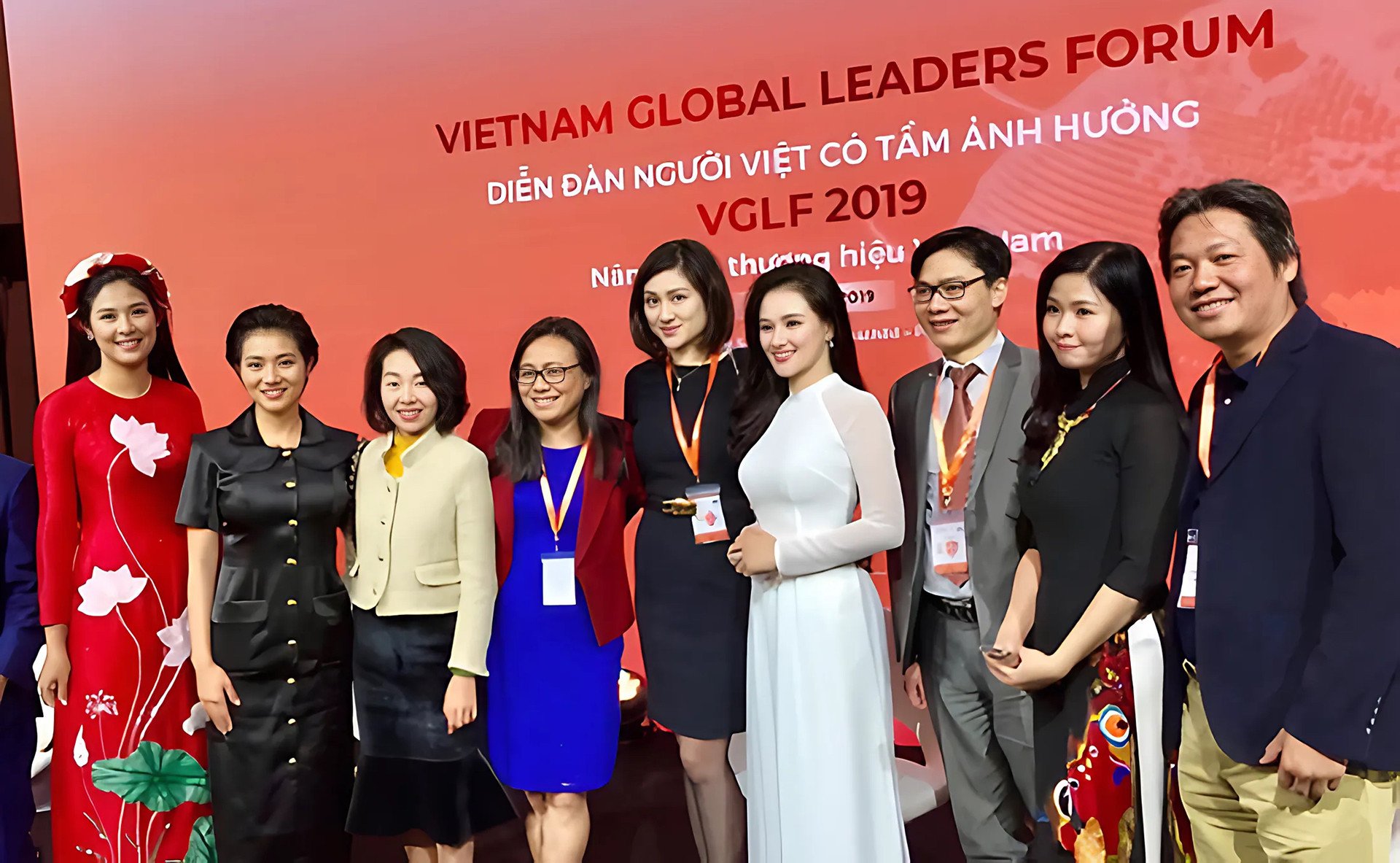




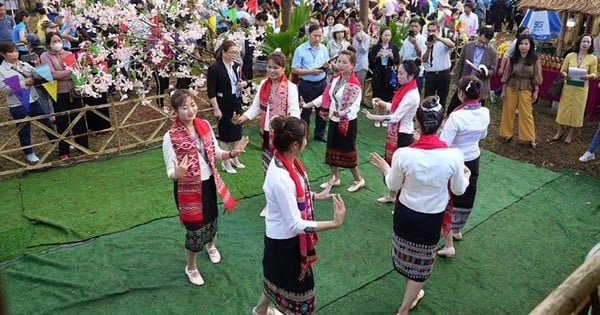
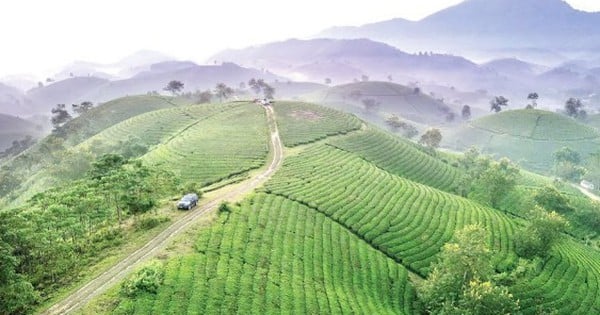
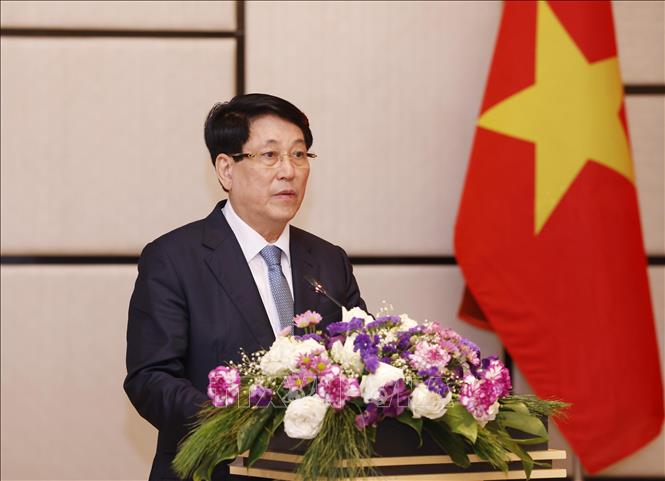

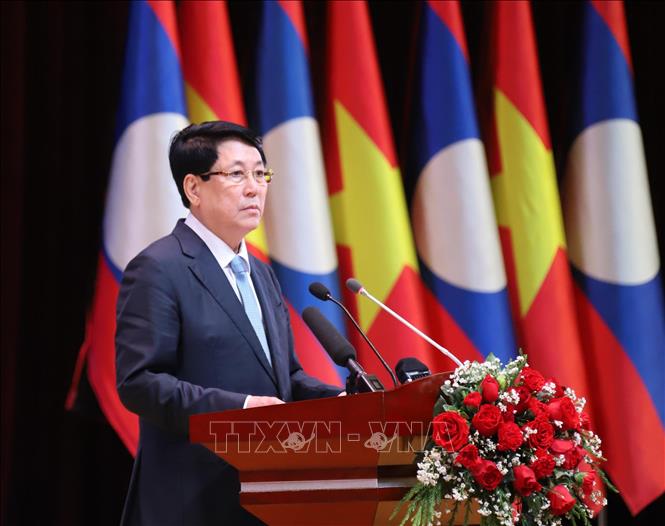
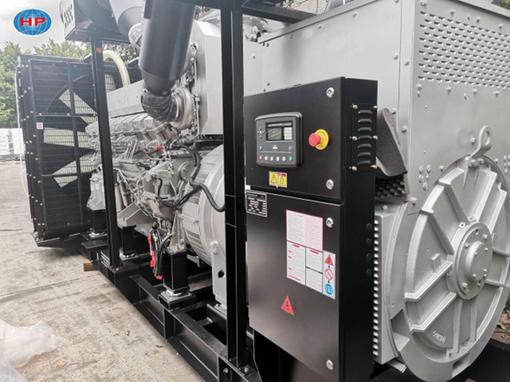

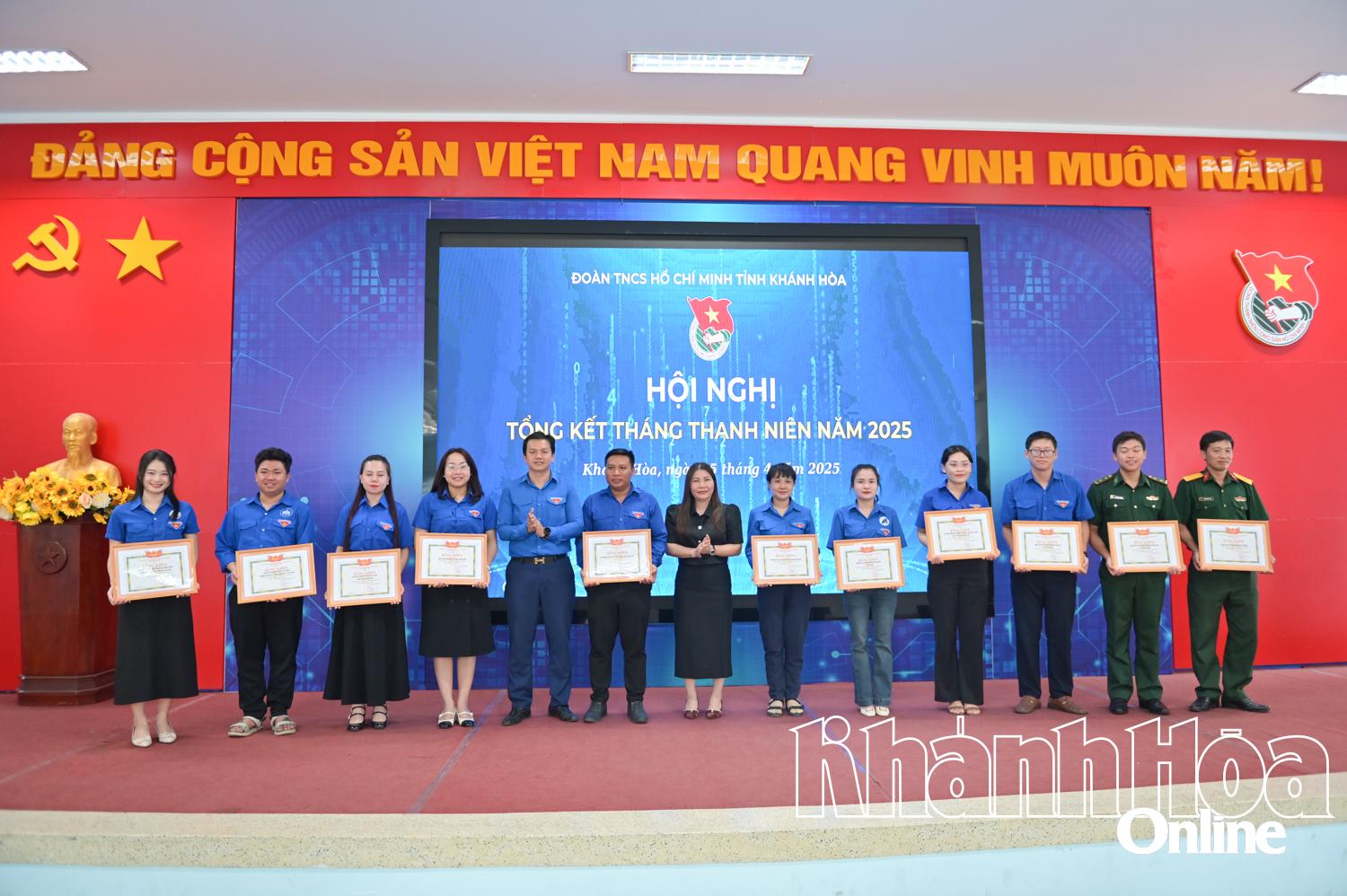

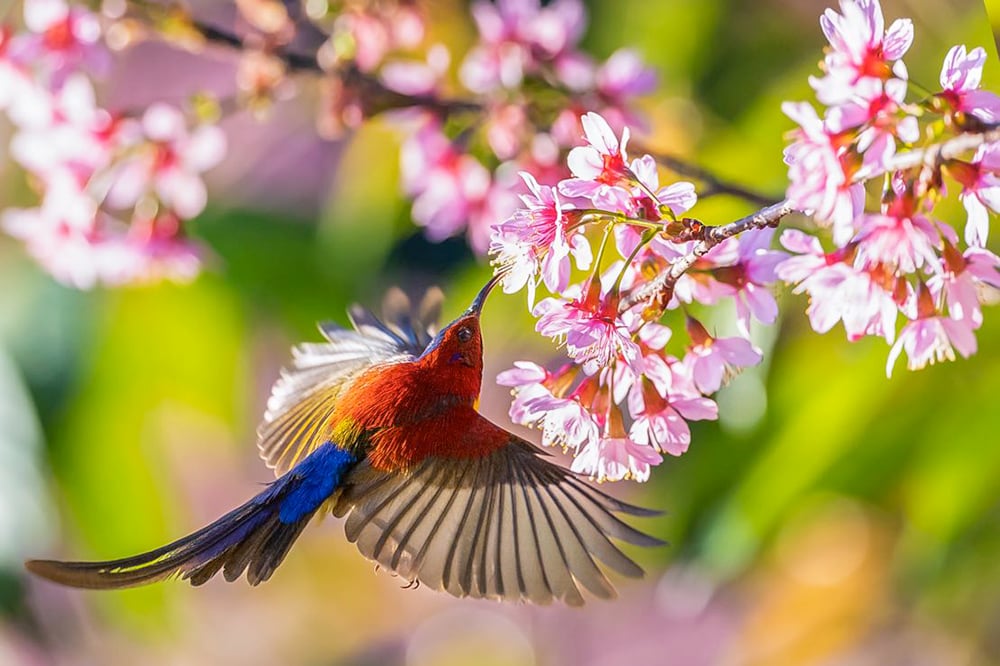

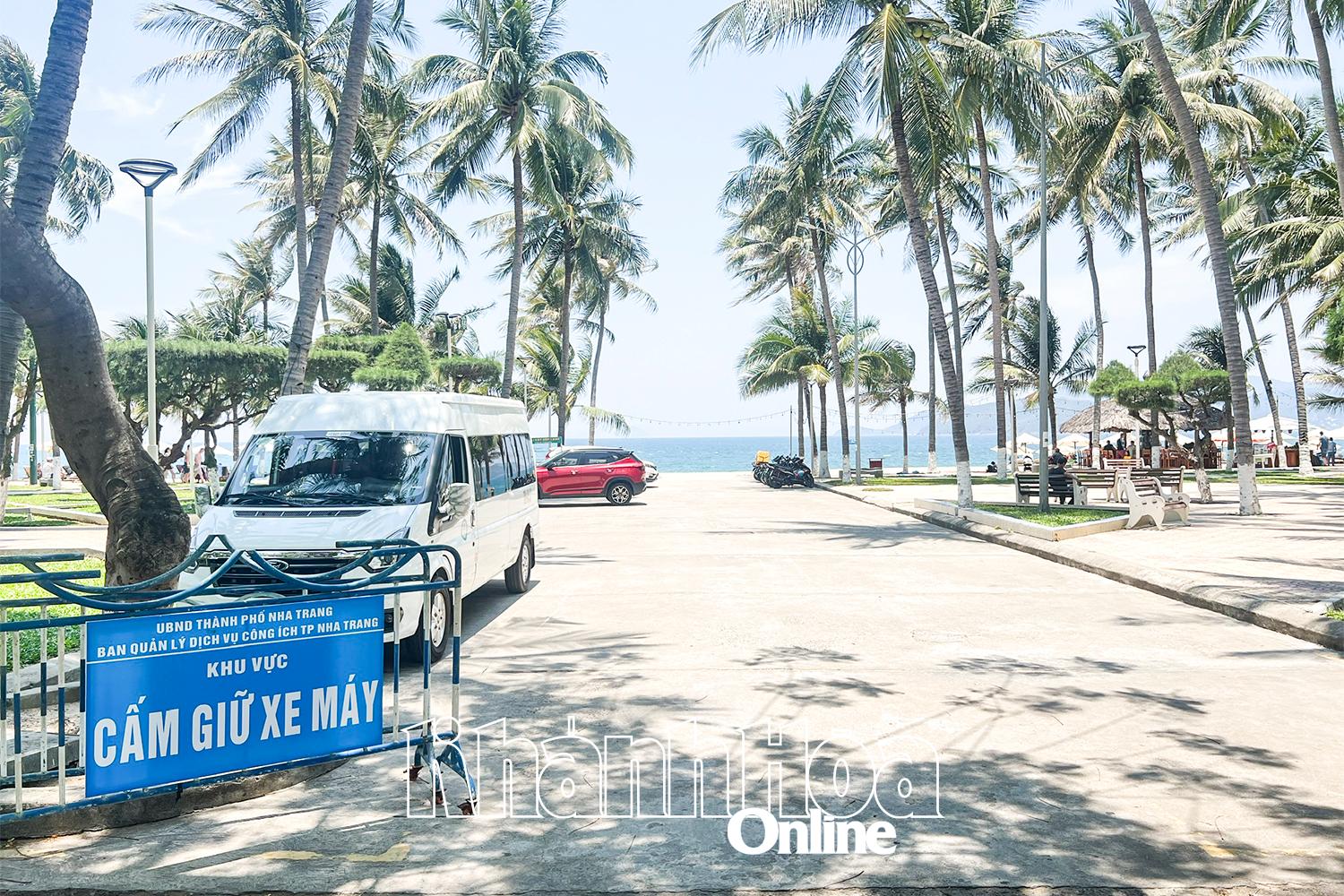
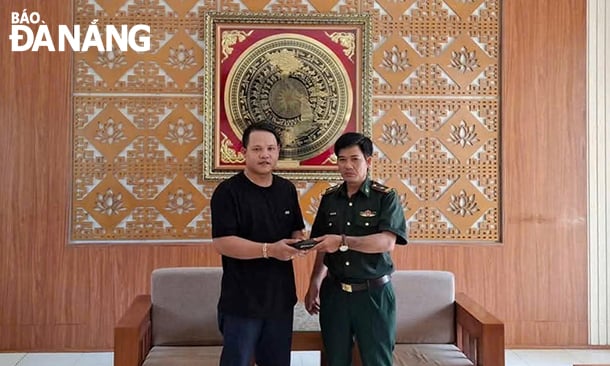

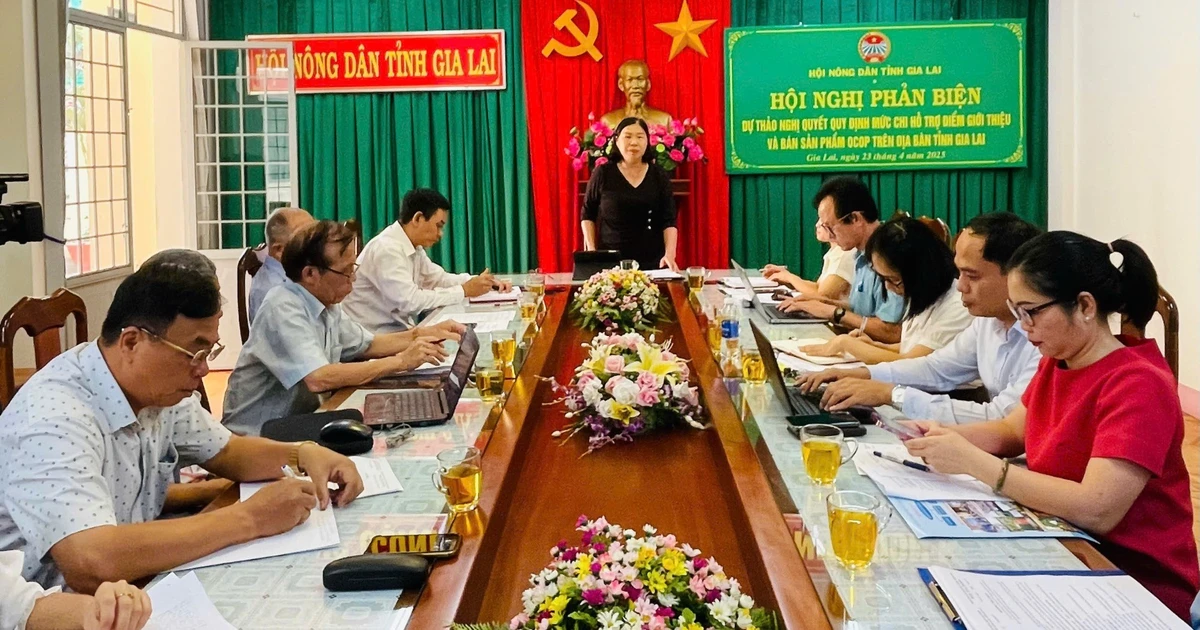

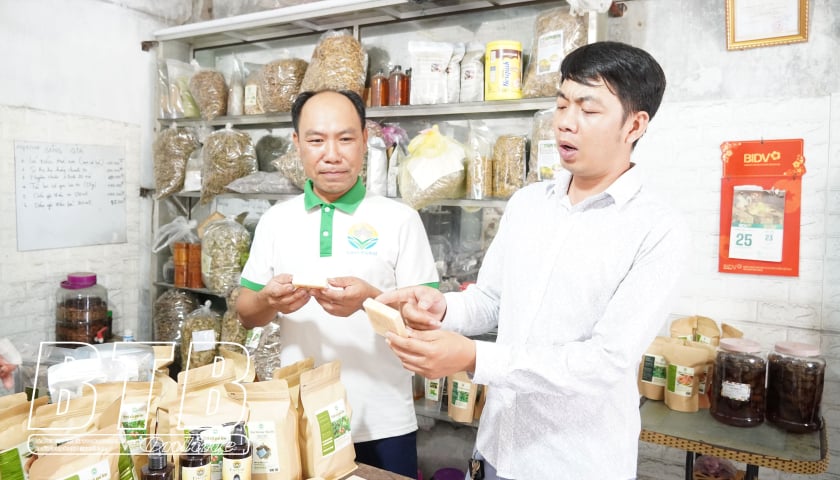



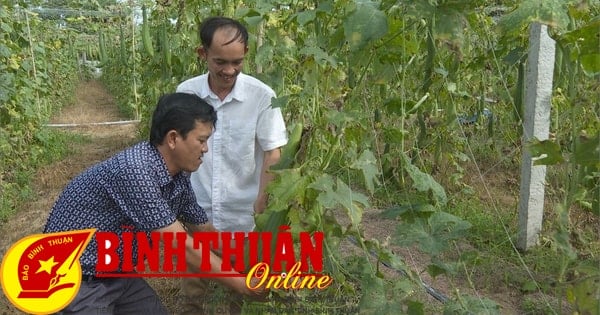

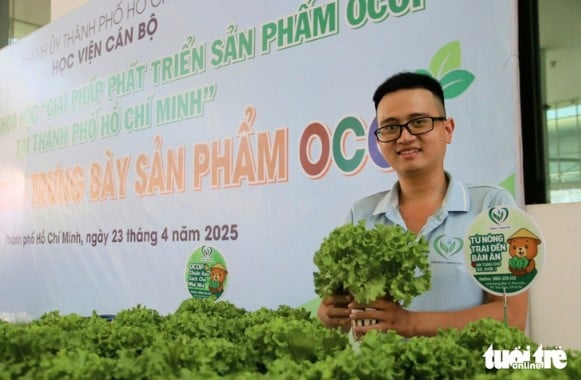
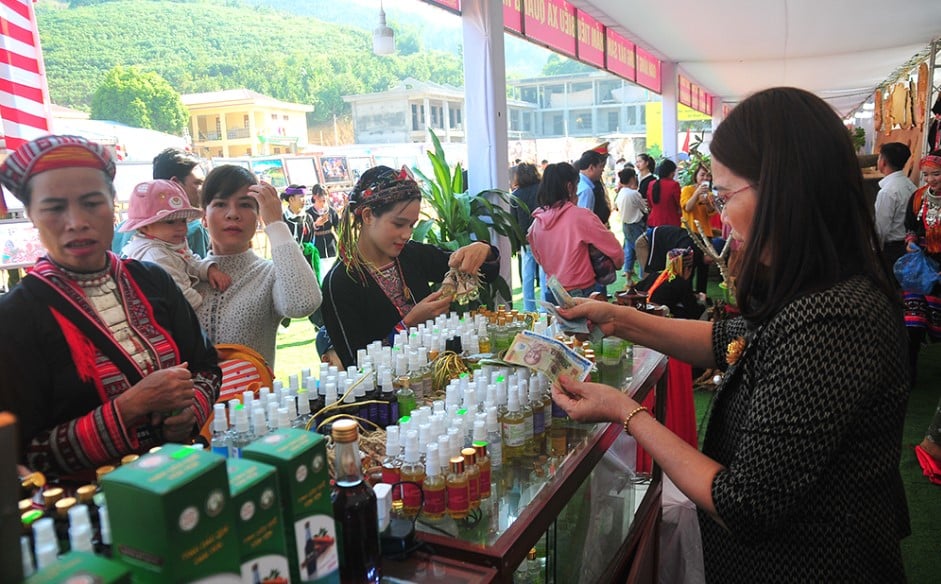
Comment (0)